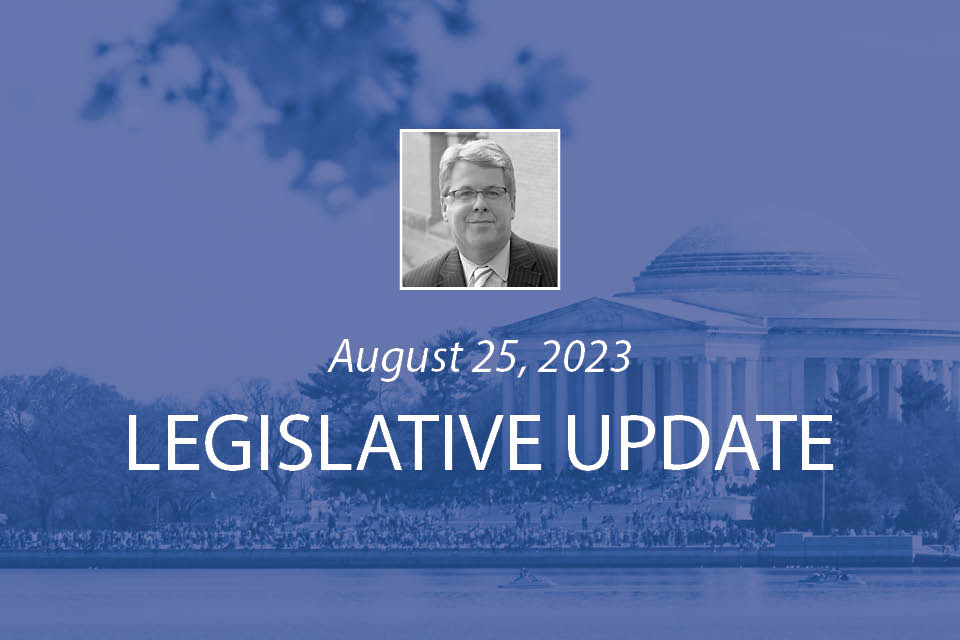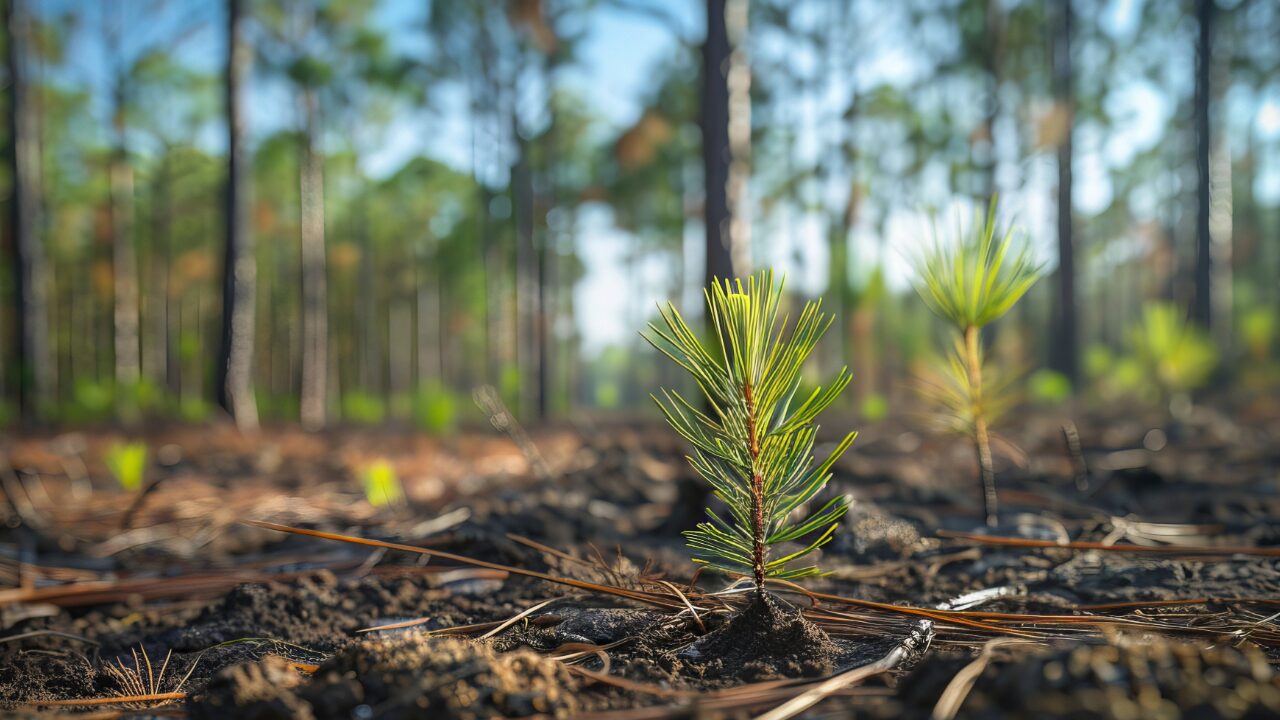Farm Bill
ABMA has a meeting scheduled for later today with Majority staff of the House Agriculture Committee to discuss the status of the Farm Bill rewrite. As we have noted in previous reports, the Farm Bill is reauthorized every 5 years and was last updated in 2018. While most widely recognized as the bedrock law that underpins our country’s row crop, dairy and food assistance programs, the comprehensive measure also includes robust forestry, energy, and rural development titles. Included in the current Farm Bill is the Wood Innovation Grant program, which provides funding for projects across the country to stimulate, expand, and support U.S. wood products markets and wood energy markets. A related program—the Community Wood Grant program—is also authorized by the Farm Bill and awards grants to build innovative wood product manufacturing facilities. ABMA has been supportive of these programs and others that not only promote markets for wood building materials but also sustainable forest management, which is the lifeline of the entire forest products value chain.
The House is lagging behind the Senate in its rewrite efforts. While the Senate is expected to have a draft for review in September, the House is nowhere near having a draft ready and thus is not expected to pass the measure before it expires on September 30. While an extension of current law will not be necessary immediately, if Congress cannot pass a Farm Bill before the end of the year, a short-term extension will be necessary as draconian cuts to farm programs will be triggered in 2024.
Forestry Carbon Markets
On August 22, the U.S. Department of Agriculture announced that it is making $150 million available to help underserved and small-acreage forest landowners participate in voluntary carbon markets. The funding was authorized as part of the Inflation Reduction Act. The money is seen as necessary by the Administration because of high acreage requirements and prohibitive start-up costs to participate in these voluntary programs. Breaking down barriers to entry into these carbon markets has been a top priority for groups like the American Forest Foundation, which runs the Tree Farm program. Tree Farmers are typically smaller acreage landowners and are interested in the revenue that these carbon markets could provide. On the other side of the issue, however, are end users of wood that comes from these farms, like sawmills and other wood product producers. These groups are concerned that widespread participation in carbon markets—which typically require longer harvest rotation cycles—may threaten the wood supply. ABMA is monitoring this issue and will report on developments as they emerge.
Softwood Lumber Agreement
ABMA communicated this week with key staff in the Senate on a letter to the Department of Commerce and the U.S. Trade Representative on the need to restart talks on a new Softwood Lumber Agreement. A draft letter is circulating and will be led by Senator Susan Collins (R-ME). ABMA is working with Senator Collins’s team to recruit a Democrat Senate co-lead on the letter, and we have had productive conversations with several offices. We will keep you apprised of our progress, but the goal is to have the letter finalized and signed sometime in September.





